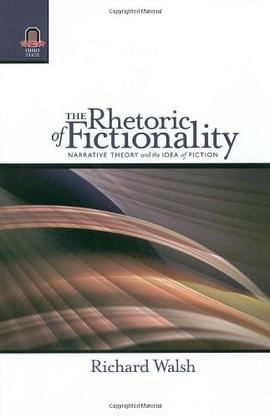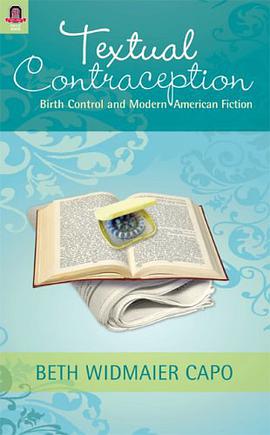
具体描述
Narrative theory has always been centrally concerned with fiction, yet it has tended to treat fictions as if they were merely the framed or disowned equivalents of nonfictional narratives. A rhetorical perspective upon fictionality, however, sees it as a direct way of meaning and a distinct kind of communicative gesture. "The Rhetoric of Fictionality: Narrative Theory and the Idea of Fiction" by Richard Walsh argues the merit of such a perspective and demonstrates its radical implications for narrative theory. A new conception of fictionality as a distinctive rhetorical resource, somewhat like the master-trope of fictional narrative, cuts across many of the core theoretical issues in the field. The model, set out in chapter one, is subsequently tested and elaborated in relation to currently prevalent assumptions about narrativity and mimesis; narrative structure; the narrator and transmission; voice and mediacy; narrative media and cognition; and creativity, reception, and involvement. Throughout, the theoretical analysis seeks to vindicate readers' intuitions about fiction without merely restating them: the result is a forceful challenge to many of narrative theory's orthodoxies. The rhetorical model of fictionality advanced in this book offers up new areas of inquiry into the purchase of fictiveness itself upon questions of narrative interpretation. It urges a fundamental reconception of the apparatus of narrative theory by theorizing the conditions of significance that make fictions conceivable and worthwhile.
作者简介
目录信息
读后感
评分
评分
评分
评分
用户评价
相关图书
本站所有内容均为互联网搜索引擎提供的公开搜索信息,本站不存储任何数据与内容,任何内容与数据均与本站无关,如有需要请联系相关搜索引擎包括但不限于百度,google,bing,sogou 等
© 2026 qciss.net All Rights Reserved. 小哈图书下载中心 版权所有





















